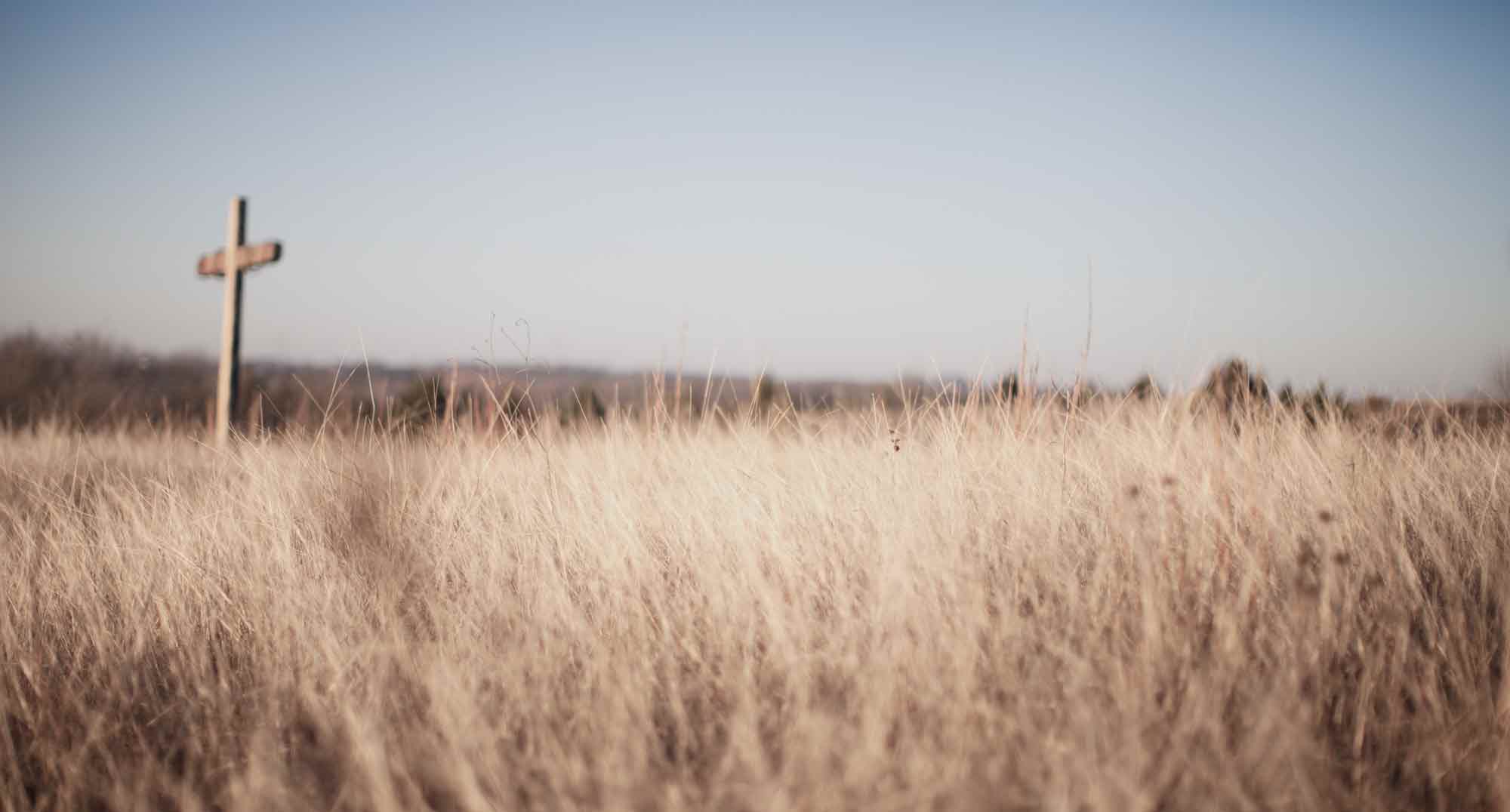Terribly Beautiful
LAURA PATTERSON | GUEST “Mom, why did I have a brain injury?” The dinner-table inquiry of my eight-year-old hit me like a ton of bricks. The heaviness wasn’t due to the novelty of the question but to its repetition. The ‘why’ has become a recurrent question for a child who is becoming increasingly aware of his differences. And the question is one that necessitates answers that come in deepening layers over the years. My son knows that he has cerebral palsy. He knows it was caused by damage to his brain. And he knows a developmentally appropriate medical explanation for what happened in my pregnancy and his earliest days of life. Yet his question still remains: why? The conversation around the dinner table labored on as my husband and I both grappled out loud, before our children, with what we know of the God in whom we profess faith. Of his sovereignty. Of His good purposes. Of the glory He can receive in all things. Answering Hard Questions Our ten-year-old, listening and processing from the seat to my left, interrupted, “…but why would God’s plan include something bad?” It’s easier to talk about suffering and disability when it isn’t sitting right next to me. But it’s another thing to apply what I know to be true in the very present reality of pain, tears, weariness, and grief. In that holy moment around the dinner table, the heart of what we could share with our three boys is that we really don’t know why God does all that He does. We don’t know why God has seen fit for life to include unending therapy appointments, specialist doctor visits, special education, surgery, orthotics, and the list could go on...



